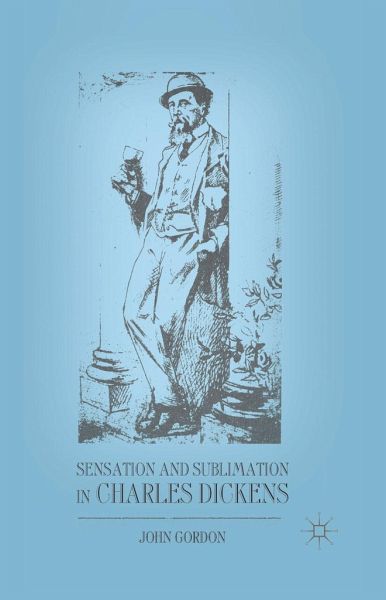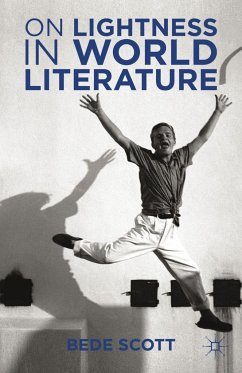"The reader of this excellent study of Dickens's Oliver Twist, Dombey and Son, and Bleak House quickly becomes
enmeshed in Gordon's impassioned inquiries. Exhilarating reads, these serious novels provide inexhaustible material
for critical analyses. Drawing on the work of such scholars as J. Hillis Miller, Terry Castle, and Michel Slater (author
of the magisterial Charles Dickens, CH, Apr'10, 47-4288), Gordon (Connecticut College) sheds light on Dickens's
magical force. Among the topics he examines are pedophilia, anti-Semitism, industrialism, capitalism, and liminal
experiences. Dickens's complex narrative style includes a variety of tropes - melodrama, fairy tale, the gothic. The
three
novels depict child sacrifice, corrupt patriarchs, and social disharmony. Oliver Twist is preoccupied by sadism
and infanticide, horrors Dickens buffers with Oliver's good fortune and hypnagogic trances. Dombey and Bleak
House move beyond that fairy-tale world, dealing with contemporaneous social institutions and issues (railroads,
capitalism, social leadership). In the complex Bleak House, women's trials constitute a special subset of issues as
women seek satisfaction in an elusive motherhood; the narrative intertwines a retrospective, wounded female voice
with a dominating masculine presence. Thus the reader of the novelist's "psychological pleasure palace" is challenged
by alternative perceptions. Gordon's discussion of all this makes for an excellent book." - Choice
"With the two-hundredth anniversary of his birth imminent, we can expect a flood of books on Charles Dickens. I suspect, however, that few of them will display as much critical intelligence as Sensation and Sublimation in Charles Dickens, and I doubt that any will match the positively Dickensian energy, wit, and gusto that Gordon brings to his subject." - Austin Briggs, Tompkins Professor of EnglishEmeritus, Hamilton College
"This astonishingly alert reading explores the tension between surface narrative and covert allusion. Its many new insights strengthen our sense ofDickens's creative brilliance anddeepenourunderstanding of three of his novels." - Robert Lapides, Professor of English, City University of New York
















